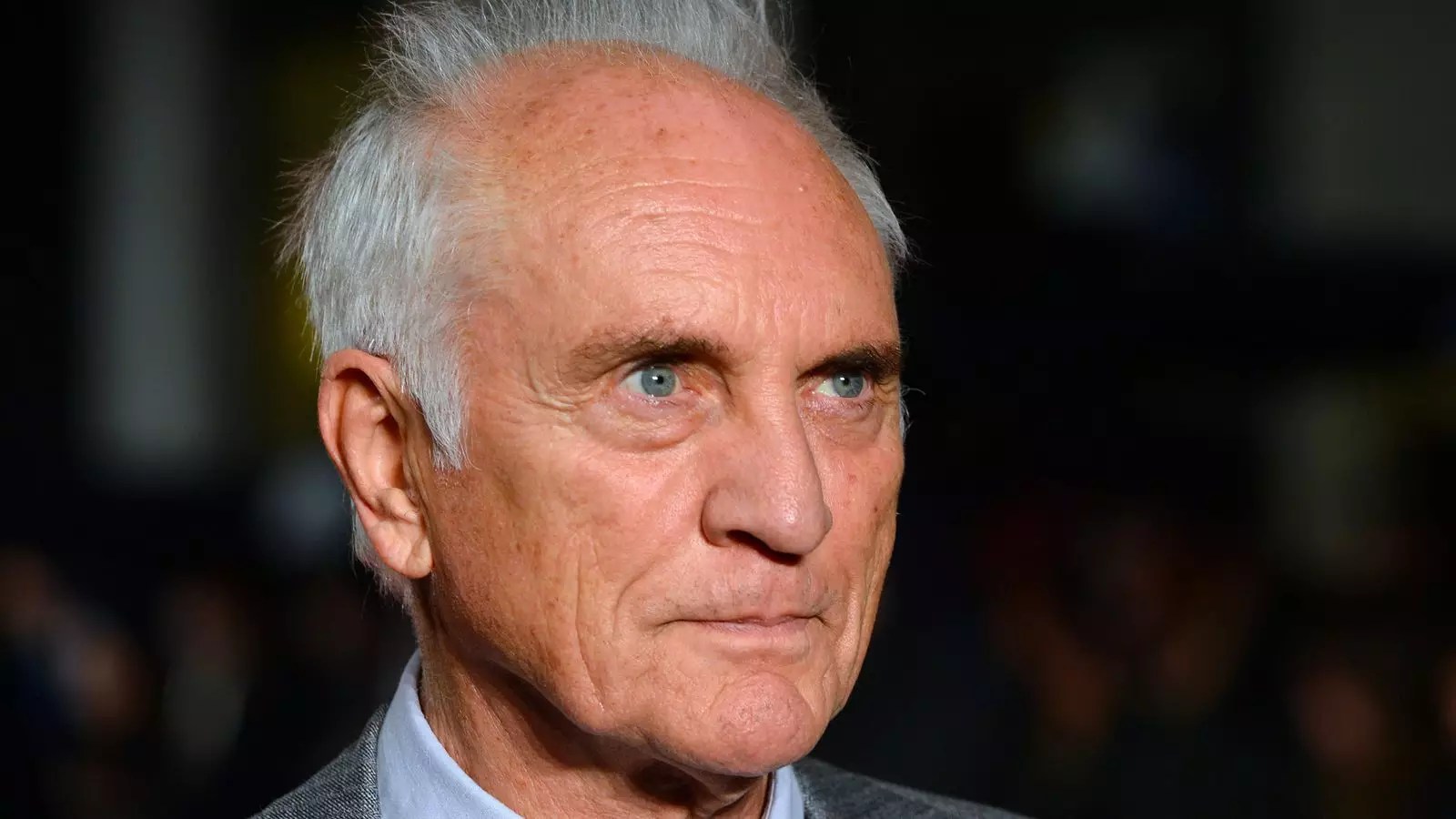Terence Stamp’s passing marks the end of an era characterized by bold, iconic performances and a life riddled with both triumph and personal introspection. Yet, in examining his legacy, it becomes clear that his story is far from just the Hollywood fairy tale many remember. He was a man whose career and life embodied a persistent search for authenticity amid the glitz, a reminder that genuine expression often involves wrestling with contradictions, doubts, and the deep call for artistic integrity. His transformation from a childhood battered by the Blitz to an acclaimed actor highlights the resilience of spirit required to forge a meaningful path through life’s chaos—a narrative that subtly challenges the superficial glamour often celebrated in celebrity culture.
Much of Stamp’s significance lies in his refusal to be pinned down by labels or expectations. From a childhood spent surviving wartime London to a stint in advertising, he navigated societal constraints to find his true voice on stage and screen. His decision to pursue acting was not simply about fame, but about a quest for truth—an effort to understand and portray complex human emotions honest to his experience. The roles he selected, from the enigmatic Billy Budd to the charismatic Zod in Superman, reveal an actor unafraid of embracing darker, more challenging characters. His performances demonstrate that genuine artistry requires not just talent but a willingness to explore uncomfortable truths about authority, morality, and humanity.
Questionable Choices Beneath the Glamour
However, behind the polished façade of Stamp’s career lies a man who, like all of us, was vulnerable to the temptations and inconsistencies of fame. His flirtation with the idea of becoming a tantric sex teacher or exploring spiritual ‘alternative’ paths indicates a restless spirit eager to understand himself beyond the confines of Hollywood’s superficial allure. This aspect of his life underscores a broader truth: that even the most seemingly assured stars grapple with questions of identity, purpose, and fulfillment. Hollywood’s glamour often obscures the internal struggles of those within it, yet Stamp’s candid reflections remind us that true authenticity entails grappling with one’s inner contradictions, not hiding from them.
His role in blockbuster films, especially as the villainous Zod, often overshadowed his more nuanced performances in independent and arthouse cinema. It is tempting to dismiss his Marvelous villain as merely a product of the lucrative machine, but such a view overlooks how his portrayal transcended typical villainy—imbued with a regal menace rooted in intelligence and depth. This complexity exemplifies how stars often serve as mirrors for societal conflicts: authority versus rebellion, conformity versus individuality. Recognizing Stamp’s layered performances encourages us to see beyond caricatures and appreciate the profound artistry that often lies beneath the surface.
Legacy as a Reflection of Societal Values
In contemplating Stamp’s legacy, it’s vital to challenge the conventional worship of celebrity and acknowledge how his career embodied a nuanced middle ground—center wing liberalism’s core values of questioning power, advocating authenticity, and pushing for societal progress through honest representation. Unlike stars who succumb to superficiality, Stamp exemplified a resistance to easy labels, choosing roles and projects that reflect the complexity of human nature and social justice.
His storied career, marked by celebrated accolades and international recognition, also reminds us that art is a potent tool for dialogue—an opportunity to challenge societal norms and inspire critical thinking. The fact that he worked in various mediums, including voice acting and stage productions, showcases a commitment to artistic diversity that elevates the cultural discourse rather than trivializes it.
Ultimately, Stamp’s life invites us to question our own engagement with fame and success. His willingness to wrestle openly with personal and societal contradictions underscores the importance of authenticity in a culture obsessed with perfection. It is precisely this integrity—flawed, imperfect, and relentlessly honest—that cements his true legacy. As we mourn his departure, let us remember that the most impactful artistry often emerges from the depths of personal truth and the courage to confront it—a lesson we could all stand to embrace more fully.

